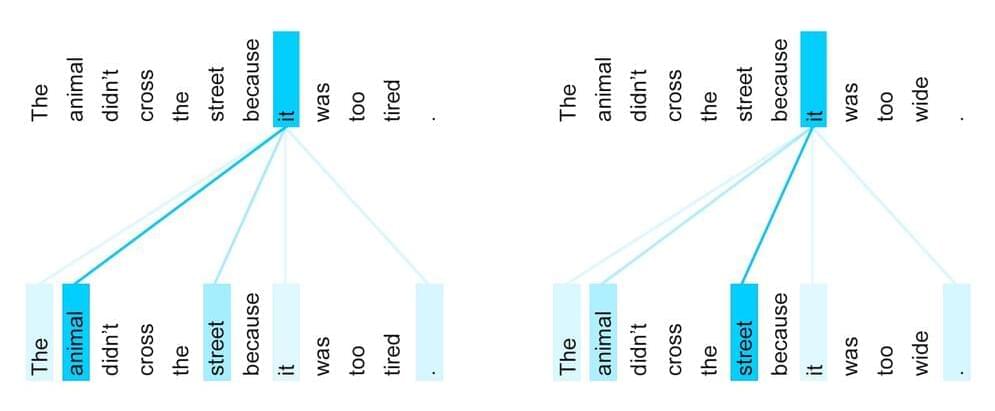The Parker Solar Probe will swoop just 6.1 million kilometers above the sun’s surface on Christmas Eve. Scientists are thrilled at what we might learn.
By Jonathan O’Callaghan edited by Lee Billings
There are some places in the solar system no human will ever go. The surface of Venus, with its thick atmosphere and crushing pressure, is all but inaccessible. The outer worlds, such as Pluto, are too remote to presently consider for anything but robotic exploration. And the sun, our bright burning ball of hydrogen and helium, is far too hot and tumultuous for astronauts to closely approach. In our place, one intrepid robotic explorer, the Parker Solar Probe, has been performing a series of dramatic swoops toward our star, reaching closer than any spacecraft before to unlock its secrets. Now it is about to perform its final, closest passes, skimming inside the solar atmosphere like never before.








